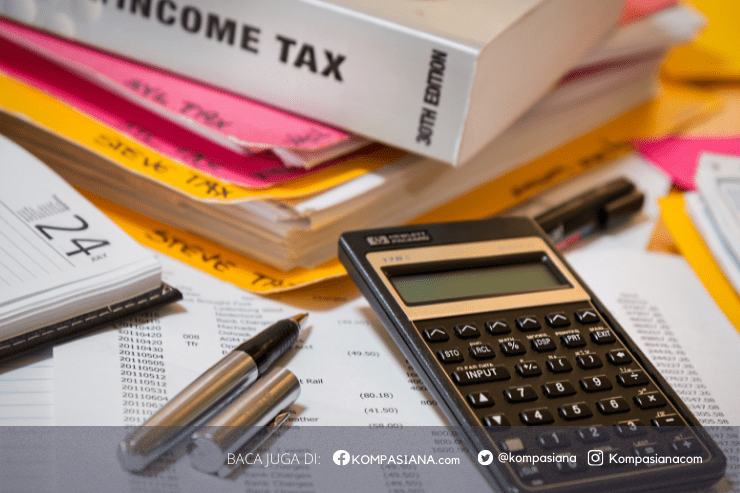by Sultan Muhammad Raditya Sadek
UNDERGROUND ECONOMY
The underground economy is a complex system of transactions that take place outside of official channels, where goods and services are traded for cash without being reported to the government or other regulatory bodies. This shadow economy includes unreported income, barter, and unauthorised activities, such as tax evasion, money laundering, and smuggling. The underground economy operates on a large scale and has significant consequences for economic growth, social equity, and political stability. This article provides an overview of the underground economy, its causes and consequences, and the challenges associated with measuring its size and regulating its activities. It also discusses the policy implications of the underground economy and the need for innovative solutions to address its negative effects.
The underground economy involves the exchange of goods and services that are hidden from official view and not reported to the government, making them beyond the reach of tax collectors and regulators. The underground economy can be divided into two broad categories: the unreported production and trade of legal goods and services, and the production of illegal goods and services. Examples of legal activities in the underground economy include unreported income from self-employment or barter, while illegal activities include drug dealing, trade in stolen goods, smuggling, illegal gambling, and fraud. Other examples of underground economic activity include the untaxed sale of physical goods and the smuggling of goods into a country to avoid paying duties at the border. The size of the underground economy is difficult to accurately gauge because it is not subject to governmental oversight and does not generate tax returns or appear in official statistical reports. The underground economy is also known as the shadow economy, the black market, and the informal economy.
EFFECTS
The underground economy can have such significant effects on the formal economy, such as :
1. Revenue losses for the government : The presence of a large underground economy is a source of considerable revenue losses for the government and can significantly affect public finances.
2. Reduced tax revenues : Transactions in the underground economy directly reduce federal, state, and local tax revenues. The government cannot collect income tax, sales tax, or excise duty because the markets are not regulated.
3. Distorted economic measurements : Because transactions made in the underground economy go unreported, the distort the accuracy of key economic measurements, such as a nation's gross domestic product (GDP).
4. Unfair competition: The underground economy can create unfair competition for legitimate business that are subject to regulations and taxes.
Overall, the underground economy can have negative effects on the formal economy, including reduced tax revenues (we would get into this later), distorted economic measurements, unfair competition, reduced consumer protection, and increased crime rates.







